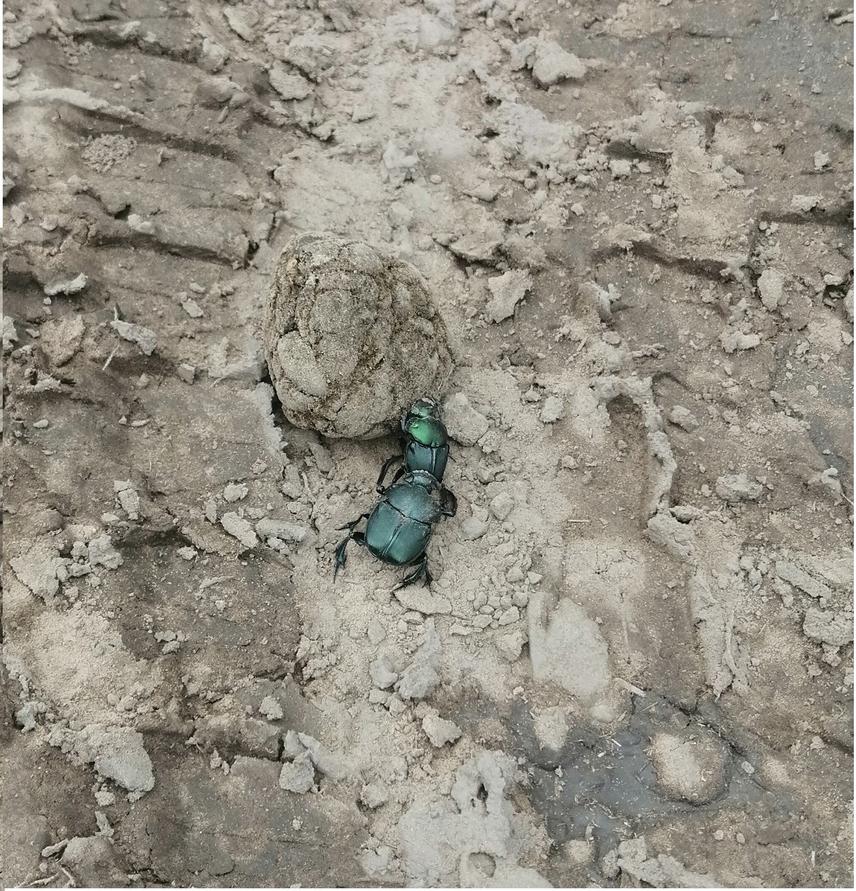Link to article featuring the project.
Dung beetles diversity and their role in nutrient cycling in livestock systems of the dry Chaco
14 Oct 2020 Pampa de los Guanacos, Argentina, Central and Latin America Invertebrates | Forests | Biodiversity | Farming
This project will study ecosystem functions and services provided by dung beetles in conventional and silvopastoral livestock systems (without and with trees, respectively) in the Argentinean dry Chaco, to boost production and sustain biodiversity. The main contributions of this project will be focused on biodiversity-friendly management practices in livestock systems, to promote the conservation of diversity, functions, and ecosystem services of dung beetles. Besides, we will focus on the retention either/or inclusion of typical trees of the Argentinean dry Chaco and the influence on dung beetles' ecological functions and services; as well as the social, and economic component of the livestock activity. Our main conservation aim will be to develop the land-sharing strategy based on the biodiversity-friendly practices proposed by CONABIO in the Argentinean dry Chaco.

A couple of dung beetles (Bolbites onitoides) rolling horse droppings in the Argentinean Dry Chaco
This project is immersed in one of the main conservation objectives at present in Latin America, which is the protection of forests in agroecosystem areas through the implementation of biodiversity-friendly practices developed by the National Commission for the Knowledge and Use of Biodiversity (CONABIO in Spanish). Moreover, this project is part of the general objectives of the National Plan for the Management of Forests with Integrated Cattle Raising (MBGI in Spanish), which postulates the conservation of the native forest and its biodiversity based on low environmental impact technologies and the implementation of good practices for sustainable cattle raising.
We will focus on promoting livestock systems that directly contribute to forest conservation through the implementation of silvopastoral systems, and indirectly to the conservation of dung beetles, their ecosystem functions, and services. Therefore, we will expect that the combination of trees and dung beetles in livestock areas will improve soil quality and higher production yield over time. To have a broader vision of livestock farming in the Argentine dry forest, we will also focus on the social, economic, and productive components promoting workshops and meetings with producers and people interested in silvopastoral livestock farming, to guide the transition towards biodiversity-friendly practices.
Header: Cows in native grasslands of Argentinian Dry Chaco.
Link to article featuring the project.
Dung beetles diversity and their role in nutrient cycling in livestock systems of the dry Chaco